|
Allan and Marcy Shindel visited Lebanon County Christian Ministries for the first time recently. The couple have been struggling financially due to health issues since moving back home to Lebanon County from Florida two years ago. In the fall, Marcy and Allan both ended up in the hospital for serious health issues. As a precautionary measure, Marcy had to take a leave of absence from her part-time job to protect both herself and her husband. Allan is still unable to work due to medical issues, but is looking for work he could do from home. In June, Marcy returned to her part-time job. “This is the new world,” she said. “I will put the mask on and go to work.” But the medical bills during their hospital stays – and other bills - just kept piling up.
“We just started getting bills and bills and bills,” she said. “I have Medicare. He’s waiting for disability. We’ve been getting desperate. All of our savings are being used now.” Related COVID-19: LCCM executive director forecasts needs for food assistance, emergency shelter After 2 job losses due to COVID-19, family of 5 turns to LCCM for food assistance They turned to Lebanon County Christian Ministries for an emergency food order that supplies two weeks’ worth of groceries to get some relief. “It meant so much to me that day,” Marcy said. “We really appreciated all the food. It was just so much food. I also got soap and detergent.” The Shindel household is just one of 68 that has sought emergency food orders at LCCM specifically because of economic hardship as a direct result of COVID-19. While the future is uncertain, Marcy looks forward to the day when she can resume normal life again. “I look forwarding to taking a nice drive or going on a nice walk,” she said. “I jut want everything to be normal and no so nerve wracking.”
1816 Comments
Since mid-march, Lebanon County Christian Ministries has provided emergency food orders for 65 households directly affected economically due to COVID-19, has served 8,053 free noon meals and has taken on an additional cost of housing shelter residents at a hotel as a precautionary measure. In recent weeks, noon meal attendance has remained steady with 175 to 200 people served per day, but emergency food orders have decreased to pre-COVID-19 numbers. Shelter guests are living in a hotel, but for how long? Life is uncertain heading into the summer months, but LCCM’s Executive Director, Bryan Smith, forecasted what food insecurity, housing, and other needs may look like in the near- and long-term future on LCCM’s recent Facebook Live interview held Tuesday, May 5, in celebration of #GivingTuesdayNow Here are three things you should know. 1. Food insecurityLCCM saw a major increase in emergency food orders within a week after Gov. Tom Wolf issued a stay-at-home order in mid-March. Emergency food orders at LCCM provide a 2-week supply of grocery-style food to individuals and families in need of fresh fruit and vegetables, milk and other dairy products, meat and other perishable and nonperishable items. Pre-COVID-19, LCCM served an average of 25-38 households weekly (including 70-100 individuals) and during the peak of COVID-19 the need spiked to about 50-60 households (including 130 to 140 individuals). Since mid-April, households served have gone back down to pre-COVID-19 numbers due to governmental assistance, including unemployment, food assistance programs and stimulus checks, and, perhaps to a lesser degree, supplemental food box giveaways provided by various churches and organizations throughout Lebanon County. Related After 2 job losses due to COVID-19, family of 5 turns to LCCM for food assistance “I feel that this data has really shown that when the state subsidies and governmental assistance kicked up, its made an impact on the emergency need as well as some of the distribution of boxes going out through the community – that’s made an impact as well,” Smith said. “We’ll go back to pre-COVID-19 numbers, but on our way back to pre-COVID numbers, we may see some spikes where governmental assistance isn’t there. That’s what we’ve been positioned for – we’ve been positioned as a faith-based entity, community-based nonprofit that’s here to take care of our neighbors and our community, and that’s really what we’re here for.” Smith added that the biggest challenge in food distribution is balancing the limited availability of non-perishables in bulk food purchasing programs with the large amount of perishable items in donations from local businesses. Meanwhile, the daily free noon meal continues to hold steady at 175 to 200 guests per day - pre-COVID-19, a busy winter day saw an average of 130 guests. Related Meet Heather, LCCM's noon meal coordinator “Does that ever go back down?” Smith asked. “I don’t know. Historians and friends of ours were telling us that LCCM was serving 250 to 300 people daily in the early ‘80s” when LCCM formed in response to the shuttering of businesses such as Bethlehem Steel. 2. Food supplyLCCM is still able to obtain food purchases from vendors, though there has been a slow down in product acquisition. LCCM acquires food through a variety of ways, including donations, state food funding, The Emergency Food Assistance Program, and grocery store donations. “Early on, we saw the grocery store donations make a complete decline,” Smith said. “They went away because there was this mass run – everyone was out getting everything, bread shelves were empty. Those are things that we rely on to share with those who are in need.” Recently, only 25 percent of LCCM’s last food order from our supplier was delivered, which is consistent with what some local grocers are experiencing. LCCM, however, has not had any difficulty providing food for any of its food assistance programs. 3. Emergency shelterSince March 13, FRESH Start Emergency Shelter and Resource Center guests have been staying at a local hotel as a precautionary measure. The resource center continues to operate for a few hours daily so guests can make meals and do laundry and check in with shelter staff.
LCCM staff is developing a plan for the yellow and green statuses that will eventually be assigned to Lebanon County. In the yellow zone, Smith is working with some local community members to possibly transition guests out of the hotel setting into a less costly physical location that would still provides safety measures for social distancing. Once Lebanon County can enter the ‘green’ phase, it is still unclear if there is a so-called normal to return to. “Ideally, green would say hey, we can go back to where we were before with churches, but we are sensitive to the concerns of what churches are going to want to do," he said. Churches have hosted the emergency shelter on a two-week rotational basis for seven years. Each day for two weeks, three to five volunteers from churches would donate their time toward working in shifts – including overnight. “It’s taxing,” Smith said. Additionally, cold weather shelter has been identified as a gap in services in Lebanon County. A cold weather shelter provides a safe, warm place for people who are homeless during the winter months where someone can show up to sleep with no requirements for entry, such as a drug test or a bench warrant check. “It’s time to start planning two to three years down the road, as well as for the family-based shelter,” Smith said. “Is it time for us to start looking at a physical location? The reality is that it comes with a whole boatload of opportunities, but challenges. Do we need a physical location? Where is it? How do we fund it? …It’s going to look different on the other end. It’s going to be a challenge but let’s look at it as an opportunity to just kind of kick it up a notch for our community.” After the birth of her son, Vanessa Breen turned to Lebanon County Christian Ministries for food assistance. Fifteen years later, she and her family found themselves needing assistance again, this time due to job losses as a direct result of the COVID-19 crisis. “I’m a school van driver,” the Richland mother of three said. “There’s no school, so there’s no work for me.” Just a few weeks later, her husband also lost his full-time job. “Then it just hit home,” she said. “The first week, it really hit us hard…we didn’t know what we were going to do.” Two job losses coupled with needing to pay bills and the stress that came with homeschooling three children was starting to take its toll. The Breens recently sought emergency food assistance through LCCM to alleviate some of the financial burden caused by COVID-19 crisis. Emergency food orders at LCCM provide a 2-week supply of food to individuals and families in need throughout Lebanon County. They gave me so much,” she said. “They gave me frozen foods and meat. The meat prices are going up and on top of that it’s harder to find.” Her family isn’t alone. Over the last seven weeks, LCCM provided 252 households with emergency food orders. Sixty-three of those households - including 192 individuals - sought assistance as a direct result of job loss related to the COVID-19 crisis. Households directly affected by the economic fallout ranged from individuals living alone to families of 7 and 8. Though life has yet to return to normal, Vanessa says her family is thankful for the help when they needed it most. “God has been good to us,” she said. “I just feel hopeful. Right now, in the beginning, all of this is just the hard part. I know we’ll be fine.” Written by Andrea Gillhoolley, director of development and marketing, Lebanon County Christian Ministries. Contact her at [email protected]
|
Lebanon County Christian MinistriesArchives
July 2024
Categories |
Call Us:
Email Us:

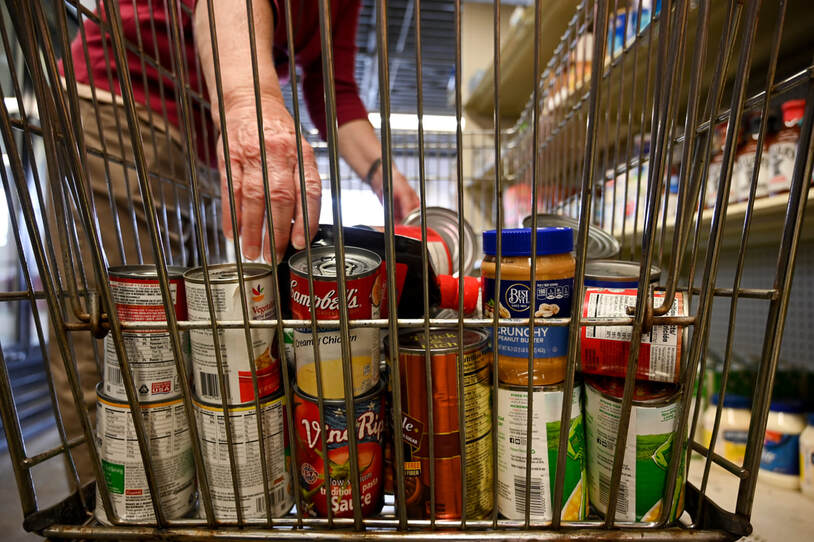
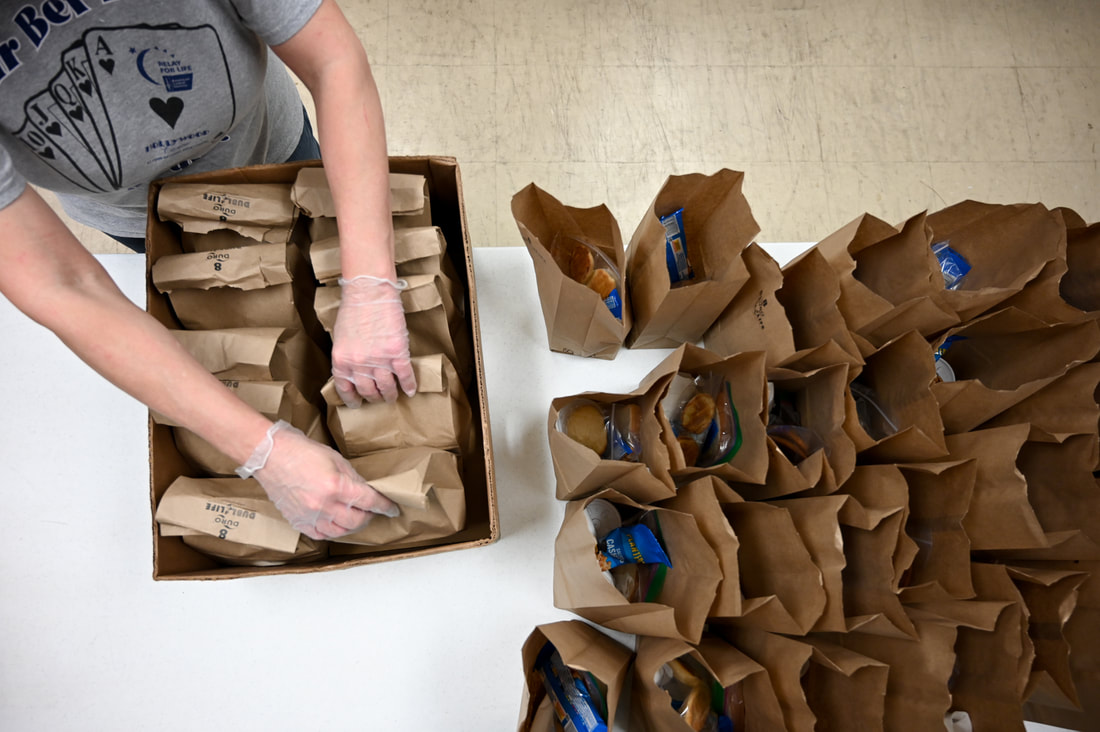
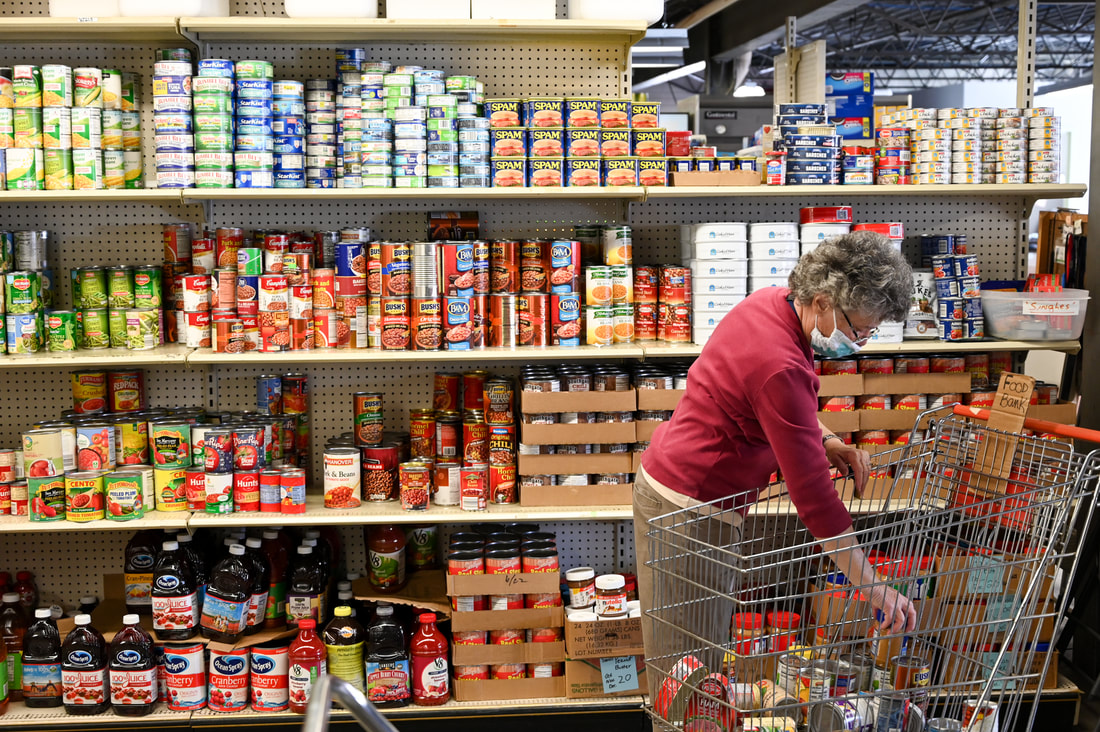
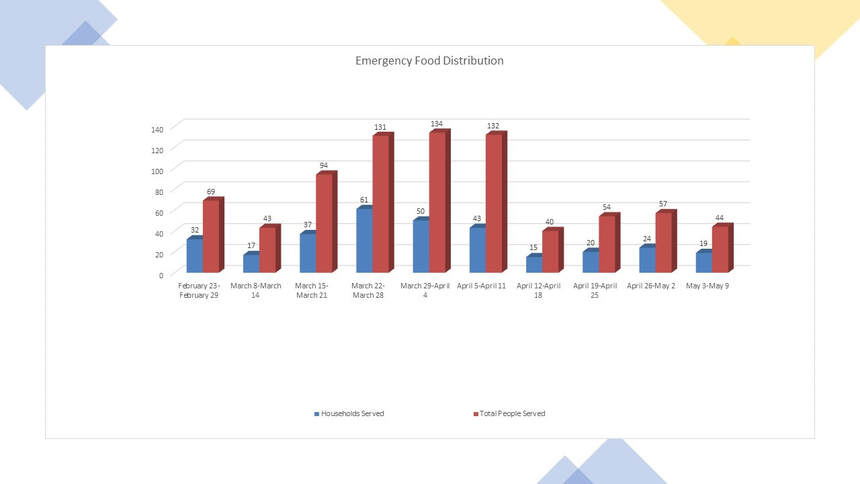
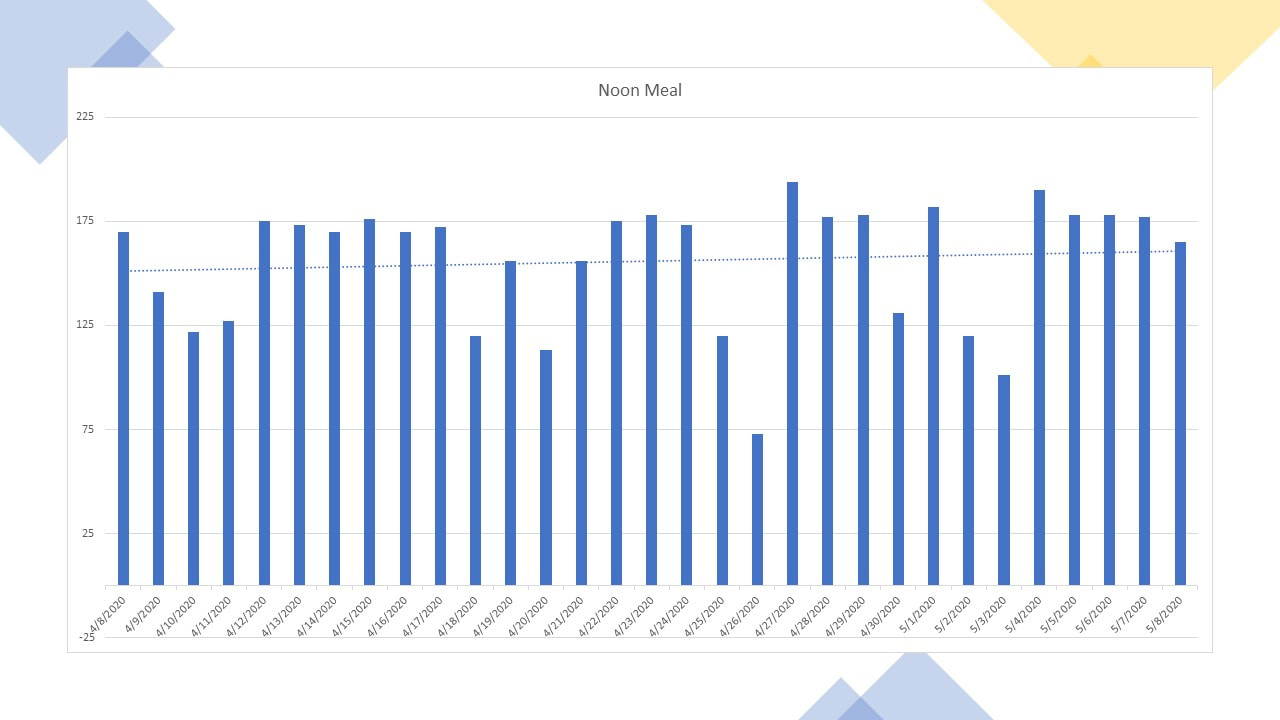
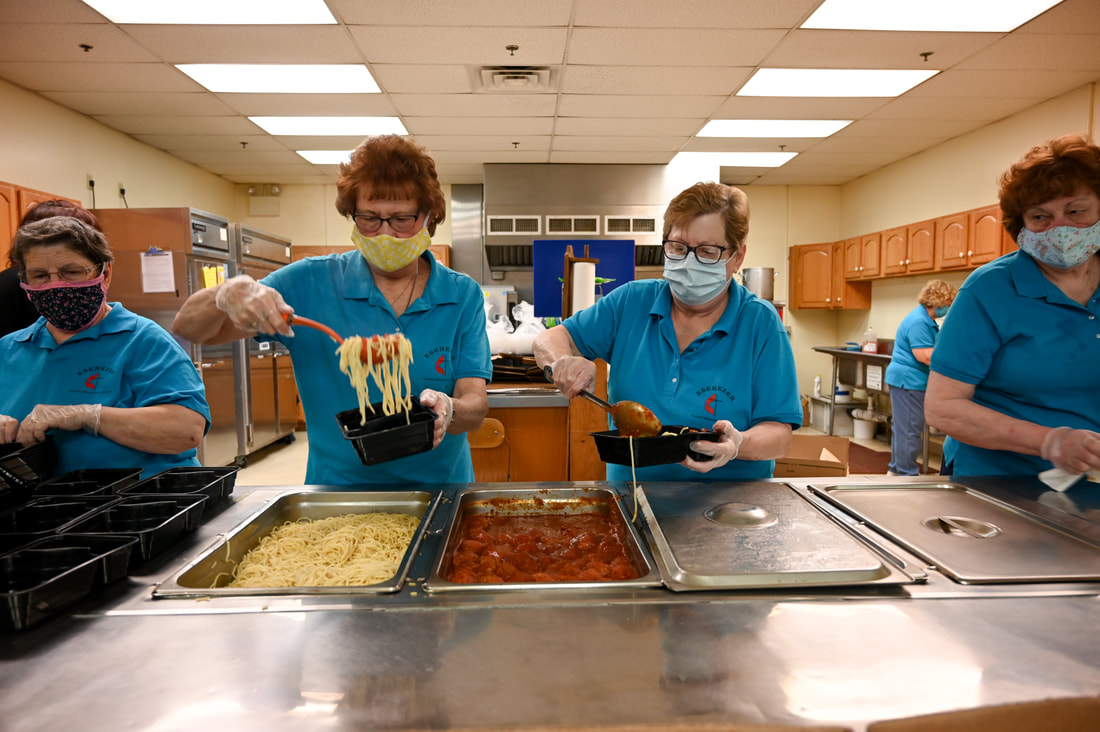
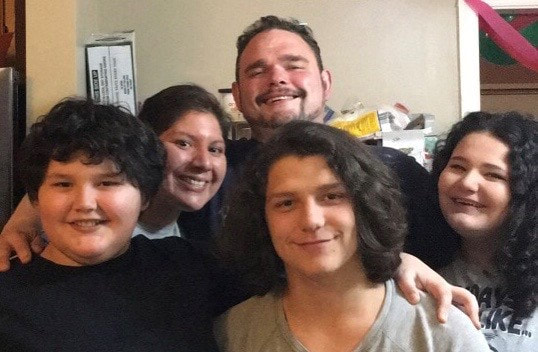
 RSS Feed
RSS Feed